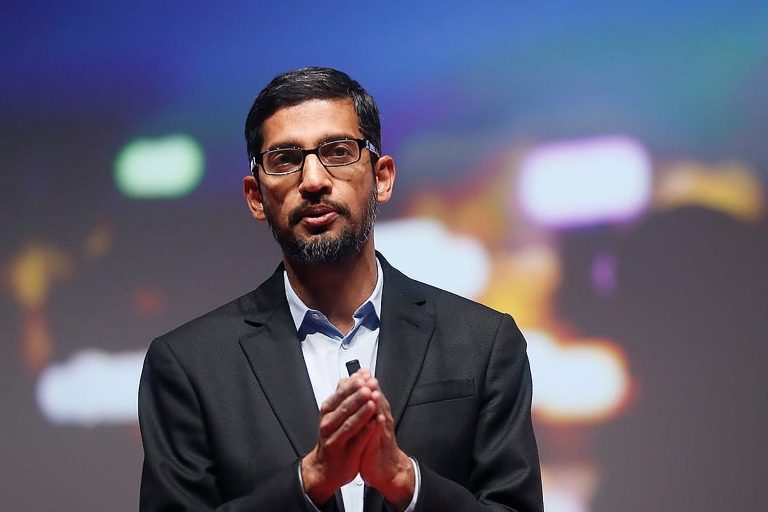Building The Kind Of Africa We Can All

This is a call to all Africans, both at home and abroad, to take responsibility for building Africa our way. It means working hard, taking risks, and trying new things until we succeed. It means supporting each other but running our own race – no more dependence on handouts from the West. It means putting in the effort, looking after our own interests, and building a better future for Africa. But how do we do this?
Download the first chapter of The Storytelling Series: Beginners’ Guide for Small Businesses & Content Creators by Obehi Ewanfoh.
Welcome to What The People Say, a series of articles where we pose questions with the intention of understanding what the people think of certain topics, relating to us.
The full question that I asked the public in a Facebook group was as followed: “What will it take to build the kind of Africa we can all be proud of?”. That will be interpreted to mean economic development in this article because good economic development in Africa will certainly lead to better life for the local people.
What is economic development?
In the economics study of the public sector, economic and social development is the process by which the economic well-being and quality of life of a nation, region, local community, or individual improves.
Development is not limited to only developing countries. The health and education systems in a country should not be drained by a lack of funding that is necessary to provide good services to the local people.
In many parts of Africa, most of the basic amenities are not even available to the local people.
See also our previous article: Why More African Diasporas Need To Invest In Their Home Countries
The purpose of economic development is the creation and retention of a prosperous, competitive, and sustainable economy. The goal is to help the economy grow in a way that benefits everyone. And when that doesn’t happen like in the case of many people across Africa, we say there is a problem of development and the people need a solution.
What is the right model of development for Africa?
What is even a model of development by the way? Well, the model of development is a question that has been debated by different economists, philosophers, and political scientists for centuries. It’s almost impossible to give a single answer to this question as there are various models of development that exist.
In June of this year, I interviewed a professor from the University of Ibadan on how to Develop the Nigerian Economy. You can check out the interview below.
The Liberal – Capitalist model assumes that the government should play a minimal role in the economy, and it should be left to the private sector to develop and grow. This model is followed by countries like the USA, Canada, the UK, Australia, and New Zealand among others. On the other hand, Socialist models believe that the government should play a more active role in economic development.
India, for example, adopted a combination of both models above. So, what should African countries adopt as their model of development? We simply cannot copy other people’s models and apply them to our system like the European colonialists have done by imposing their system on Africans and it has led to nothing more than failure.
You might have also heard of Pan-Africanism and African Renaissance, communism, and socialism as possible models or where to start in Africa.
So, which one are we going to adopt in order to build the kind of Africa we can all be proud of? That is what led to the question and before I share the response of the people with you, I do want to say a word about the African Renaissance.
The African Renaissance
It is believed that the term “African Renaissance” may have been first coined by Dr. Kwame Nkrumah, the Former President of Ghana, in one of his speeches. On a number of occasions, Nkrumah argued that African culture could serve as an antidote to European imperialism and a unifying force for the entire continent.
See also our previous article: Dr. Kwame Nkrumah And His Idea Of Pan-Africanism with Joseph Andoh Quarm
Of course, Nkrumah would be overthrown on his way to Vietnam, in what some people blamed on the American CIA operation.
In any case, the Former President of Ghana could not carry out his plan of Pan-Africanism. In one of my podcast interviews where I talked to a formal member of the Nkrumah government, many Ghanaians and indeed other Africans did not quite get the highly intellectualized Pan-Africanism.
So, there was really not much resistance when the Nkrumah-led government was overthrown on the 24 of February 1966.
African renaissance is not just a return to pre-colonial Africa but also a reimagining of it, which would be shaped by its own values and priorities. It’s about envisioning a new Africa that would be free from Western domination and have its own voice, determined by its own people.
In essence, the African renaissance is not just about reclaiming a past that is lost or forgotten but also about creating something new out of what already exists. It is not just about undoing colonial legacies but also about embracing them in order to use them for the good of the African people.
Response to the question: What will it take to build the kind of Africa we can all be proud of?
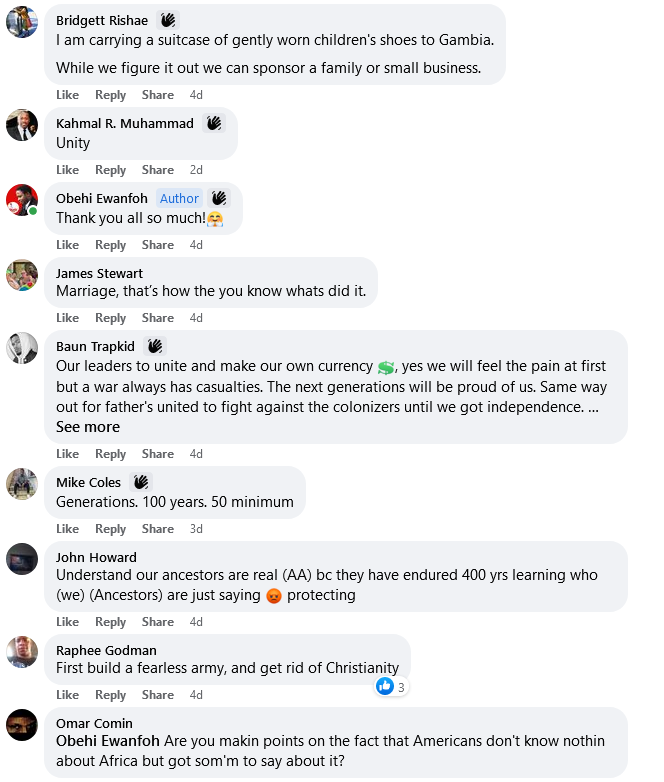
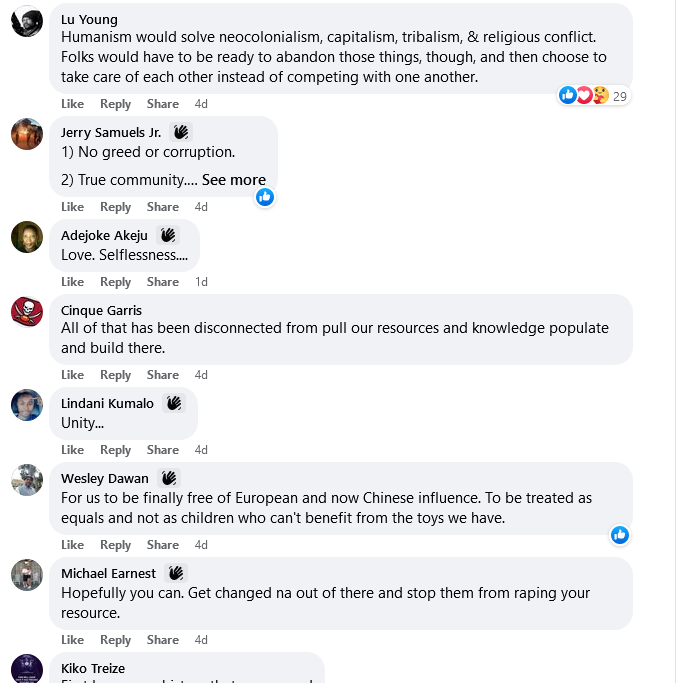

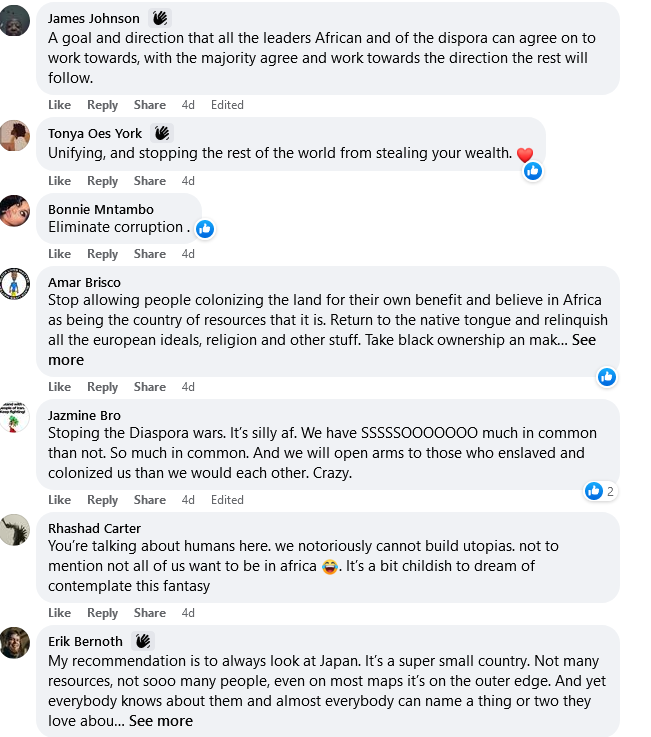

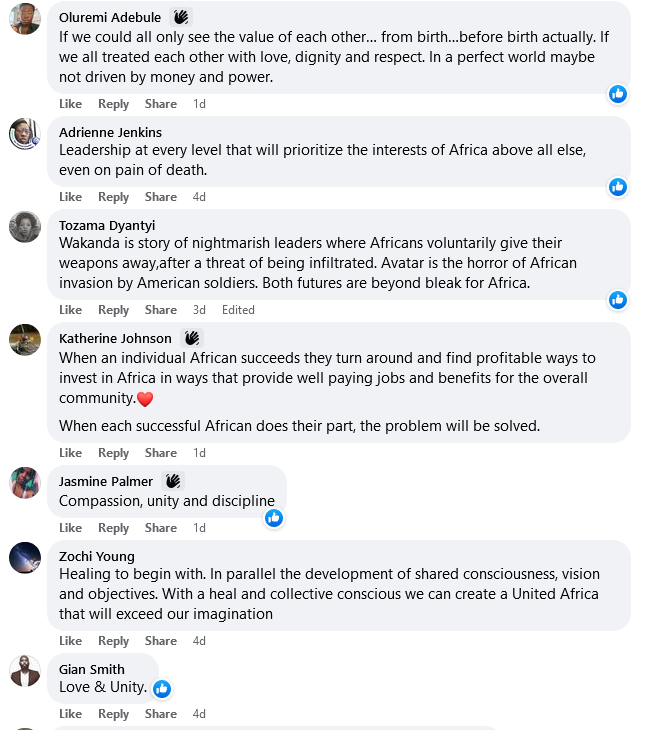
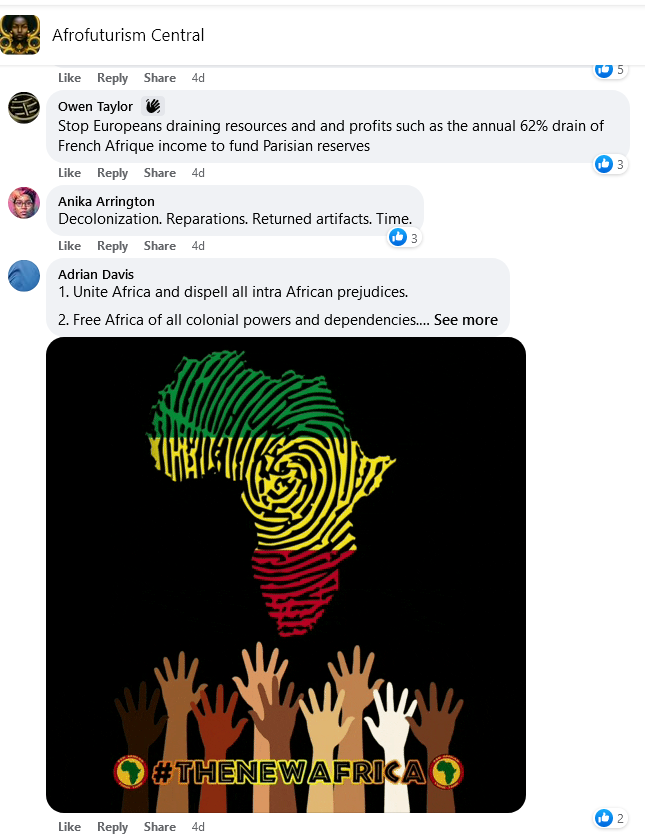
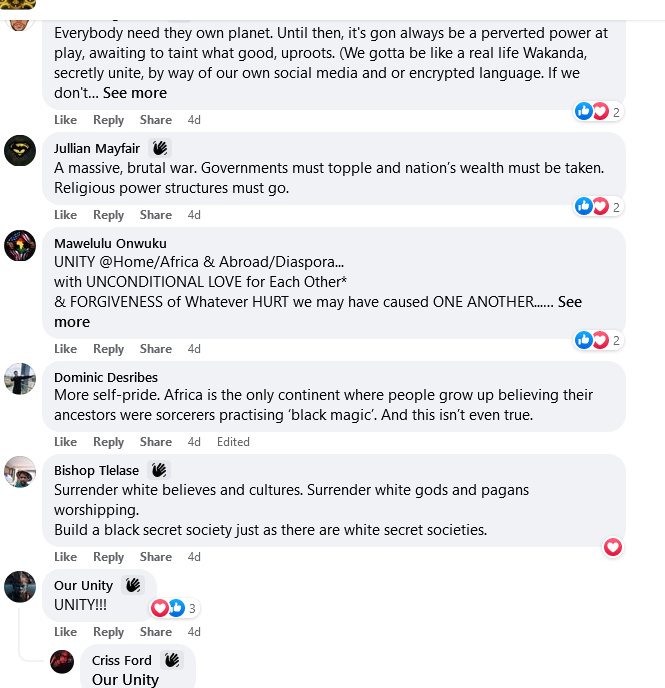
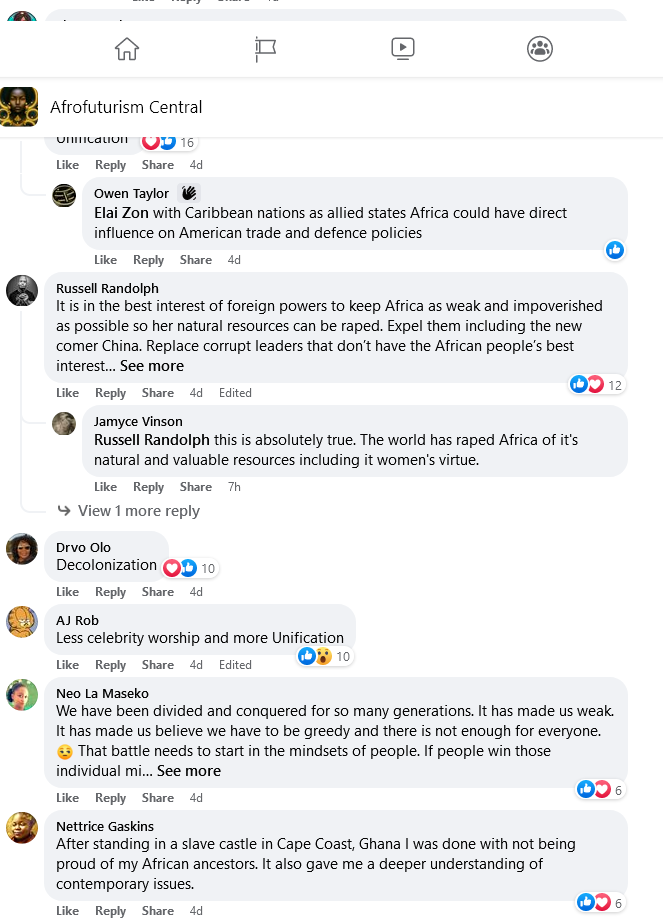
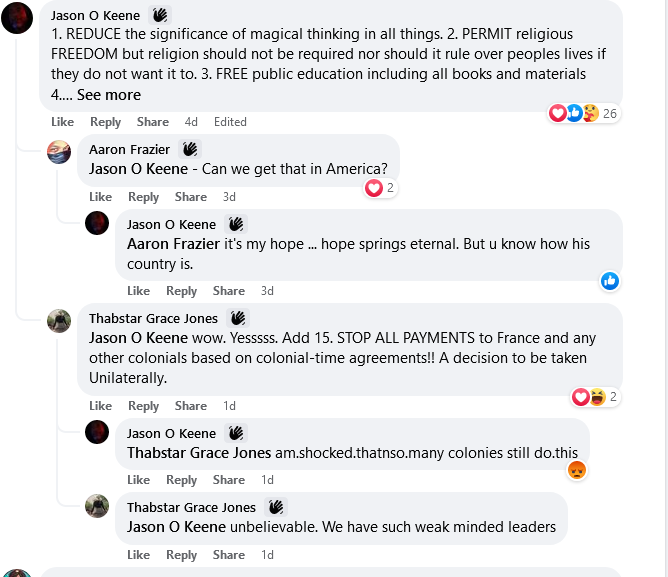
Conclusion on building the kind of Africa we can all be proud of
Economic development is a program, policy, or activity that seeks to improve the economic well-being and quality of life for a community and in this case, African people.
Economic development is all about creating and retaining a prosperous and competitive economy, which benefits the entire community. If the local people can be positively reflected in a model of Economic development, then that can be about the best we want to have.
Learn how to master your storytelling skills so you can build your influence. Download the first chapter of The Storytelling Series: Beginners’ Guide for Small Businesses & Content Creators by Obehi Ewanfoh.

